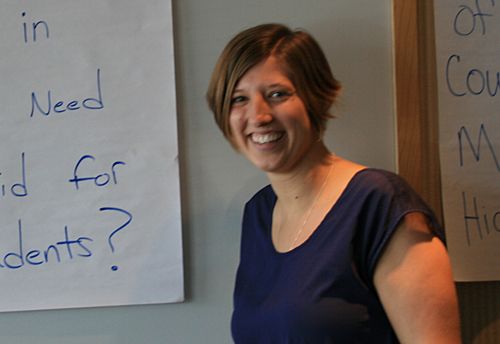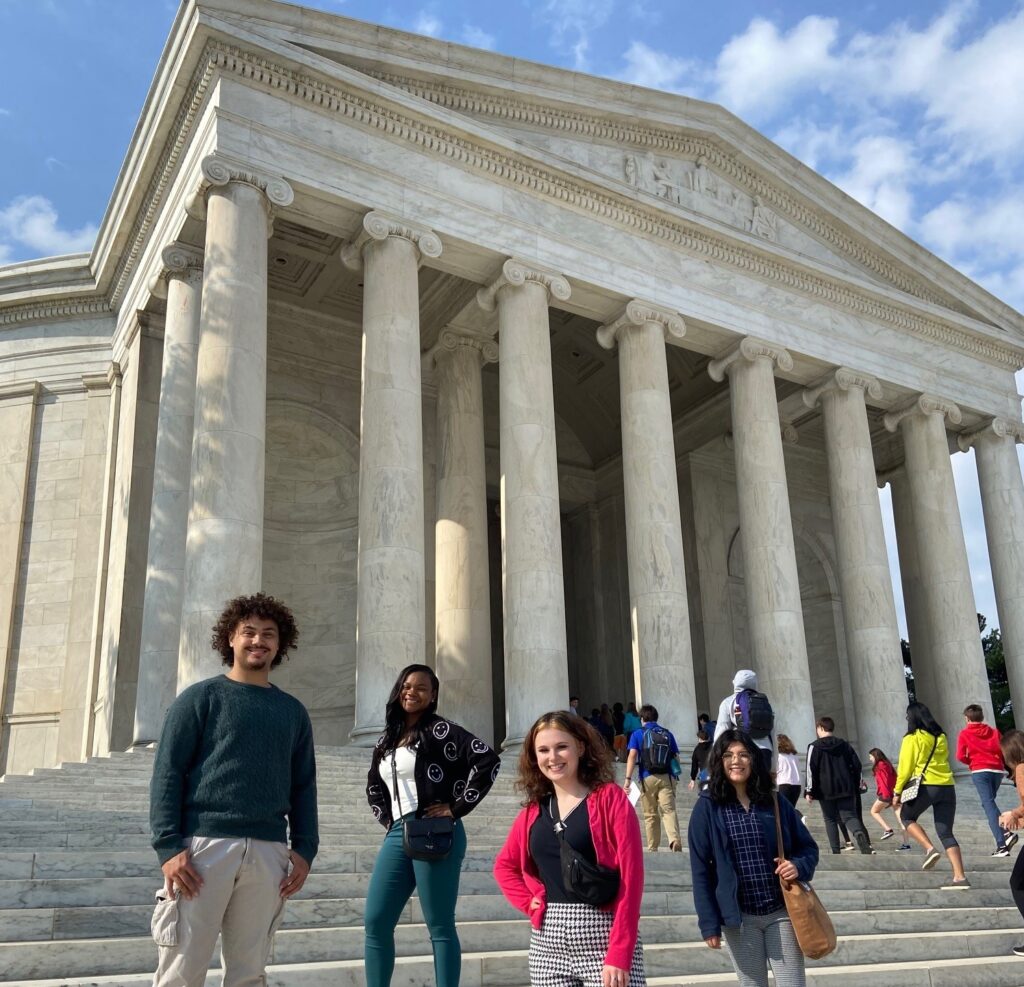
Class of 2011
Bachelor of Arts, Geography
University of Arizona
I am passionate about the advocacy work we did as policy interns because I believe everyone deserves the opportunity to get an education. Advocacy takes time, but I have learned that every small step is important, and through policy you truly can create change.
State Priorities for Higher Education and Merit vs. Need-Based Financial Aid
Attaining a postsecondary degree is more important than ever, but students are not receiving the same share of public support for their education as they did in the past. How do states differ in higher education policy and what programs do states have in place to support students who want to attend a college or university? State priorities for higher education are best understood in the context of financial aid programs, comparing merit vs. need-based aid.
Financial aid policies are not targeting students with the greatest financial need. State grant programs differ, but recently many states have reoriented their financial aid programs away from need-based aid to merit-based aid. Hoping to keep their “brightest” students close to home, states are providing scholarships based on academic performance and standardized test scores. Financial circumstances typically have no influence on eligibility for these scholarships. The consequence of this is that public resources intended to promote college access benefit students who can afford an education without the assistance. The students who truly need the aid are not receiving it. Such policies have limited benefit to the interests of the state.
Policies that do not support equal access to higher education not only hurt individual students, but our society as a whole. Financial aid policies should be refocused upon need-based aid in order to assist students who without public support would not be able to complete a college education. States would do well to place priority on policies that increase college access and success. If states commit to increasing educational attainment, students and their communities will benefit.
As part of her Education Policy Internship with The Scholarship Foundation, Sadie wrote the preceding summary of her research topic.





